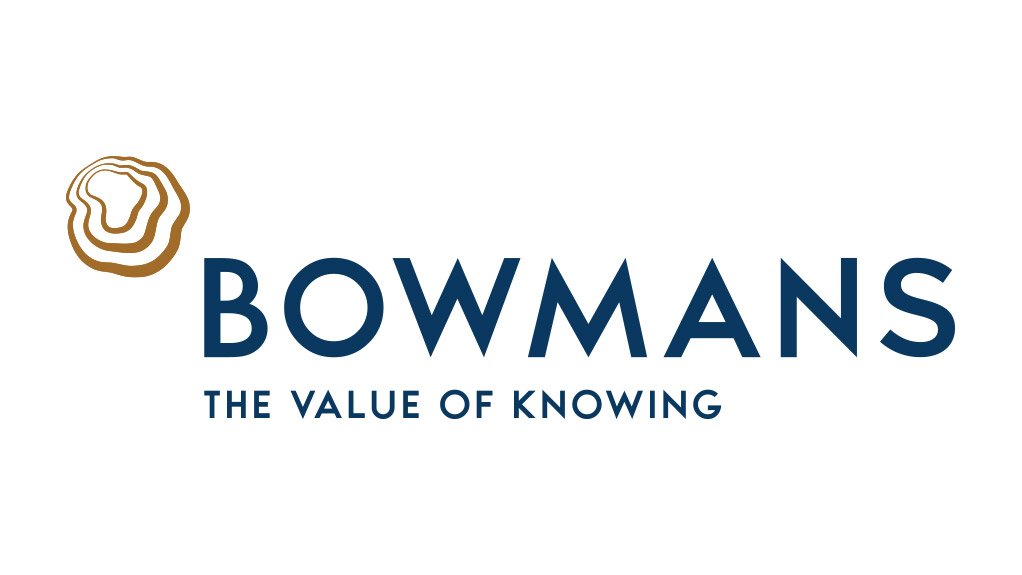The East African Community Competition Authority (EACCA) has announced that it will commence receiving and reviewing mandatory cross-border merger notifications with effect from 1 November 2025. This represents a significant development for transactional planning involving operations in two or more of the eight EAC Partner States: Burundi, the DRC, Kenya, Rwanda, Somalia, South Sudan, Tanzania, and Uganda (EAC Community).
Criteria for mandatory EACCA notification
A transaction will be subject to mandatory notification to the EACCA if:
- the merging parties carry on business in at least two EAC Partner States;
- the combined turnover or assets in the EAC Community of the merging undertakings, whichever is higher, equals to or exceeds USD 35-million; and
- at least two undertakings to the merger or acquisition have a combined turnover or assets of USD 20-million in the EAC Community, unless each of the parties to a merger achieves at least two-thirds of its aggregate turnover or assets in the EAC Community within one and the same EAC Partner State.
Our understanding from the EACCA is that the target undertaking must be present in at least one EAC Partner State, either through assets in the region or sales into the region, before the EACCA can assert jurisdiction.
Transactions falling below the financial thresholds, and those meeting the two-thirds rule in one Partner State, need not be notified to the EACCA. Transactions pending before a national competition authority or concluded before 1 November 2025 will be exempt from the new regime.
Filing requirements and fees
The EACCA has published revised merger notification forms and issued a notice prescribing the merger filing fees payable. Merger filing fees will be calculated on a sliding scale as follows:
The EACCA has also finalised Merger Guidelines, which it intends to shortly make available to all stakeholders.
Concurrency of jurisdiction
It is notable that in the EAC Community, competition law is actively enforced in Kenya and Tanzania; competition legislation and a competition regulator is in place in Burundi, the DRC, and Rwanda; competition legislation is in place in Uganda; a Competition Bill is in place in South Sudan; and processes are underway to develop competition legislation in Somalia.
The EACCA intends to operate as a one-stop shop for merger transactions in the EAC Community and has advised that once a cross-border merger is notified to the EACCA, there is no requirement to notify the same merger to the national competition authorities in any of the EAC Partner States. However, the complexity which arises is that six of the EAC Partner States, namely, Burundi, the DRC, Kenya, Rwanda, South Sudan, and Uganda, are also member states of the Common Market for Eastern and Southern Africa (COMESA), where competition law is regionally regulated by the COMESA Competition Commission (CCC). This overlap creates the potential for dual notification obligations where a merger has a cross-border dimension within both regions.
To address this, the EACCA and CCC have concluded a non-binding Memorandum of Understanding providing for information sharing; coordination of merger investigations; and efforts to avoid duplication of enforcement activity. Notwithstanding these arrangements, the risk of dual filings remains because the current legislative frameworks of both authorities do not provide for referral mechanisms or confer exclusive jurisdiction in cross-border cases. Whilst the EACCA and CCC are working together to avoid the possibility of parallel EACCA and COMESA filings, it is not yet clear whether this issue may be resolved by 1 November 2025.
Policy priorities and enforcement outlook
The EACCA has identified merger control as an initial enforcement priority, describing it as a “low-hanging fruit” in the establishment of its broader competition law mandate. Beyond merger control, the EACCA has signalled its intention to pursue both hard enforcement (investigations, sanctions, and remedies in relation to restrictive practices) and soft enforcement (advocacy, market inquiries, and capacity building within EAC Partner States).
Ongoing market inquiries are already underway in sectors including fertilisers and steel, with a focus on industries of strategic importance to the EAC economy, particularly agriculture and agri-food. The EACCA is also providing technical assistance to EAC Partner States with nascent or non-operational competition authorities, with the aim of achieving greater harmonisation in regional enforcement.
Practical implications for transaction planning
From 1 November 2025, transactions meeting the jurisdictional and threshold requirements must factor EACCA review into their timelines. Given the unresolved concurrency issues with COMESA, parties should:
- undertake early jurisdictional assessments to determine whether one or both regimes apply;
- allow for extended review timelines as appropriate (120 business days for EACCA; 120 calendar days for CCC), noting that the filing obligation is triggered upon conclusion of an agreement;
- budget for additional filing fees in the event of parallel notifications; and
- consider early engagement with the EACCA to address threshold interpretation, transaction structuring, and procedural requirements.
As the EACCA is a suspensory regime, parties will be required to await EACCA approval before implementing any notifiable transaction. Prior implementation of a merger can attract financial penalties of up to 10% of an undertaking’s annual turnover within the EAC Community for the preceding financial year.
While the EACCA’s intention to act as a “one-stop shop” is clear, practical implementation may be gradual, and binding legislative amendments will be necessary to resolve dual jurisdiction issues definitively.
Written by Joyce Karanja, Partner and Head of Competition (Kenya) and Nazeera Mia, Knowledge and Learning Lawyer, Bowmans
EMAIL THIS ARTICLE SAVE THIS ARTICLE ARTICLE ENQUIRY FEEDBACK
To subscribe email subscriptions@creamermedia.co.za or click here
To advertise email advertising@creamermedia.co.za or click here











